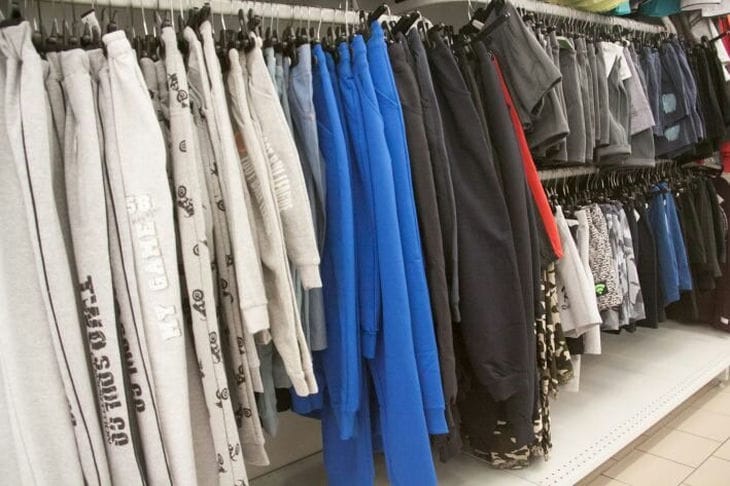Every year, thousands of people get rid of unnecessary things, confident that their gift will warm someone in difficult times.
But reality often turns out to be darker than expectations: instead of grateful smiles, your things can become a source of someone’s profit.
Bags of clothes left at churches or shelters rarely reach those in need. Instead, they end up on a long journey through the hands of intermediaries.

For example, in social institutions, things are often stored in utility rooms, where they become covered in dust and are later sent to a landfill or a fire.
Valuable copies often end up on online platforms: they are resold, disguised as “help for orphans.”
It is almost impossible to prove such fraud - non-monetary donations are recorded formally.
The state allocates tens of thousands of rubles monthly for each child in the shelter, and churches receive regular contributions from parishioners. However, money and things often end up in the pockets of unscrupulous employees.
Bureaucracy, indifference and corruption turn charity into a fiction.
Trying to help through institutions is like playing Russian roulette: the chances that your jacket will warm a homeless person are minimal.
Look for those who need help directly.
Talk to your neighbors: grannies at the entrance know which families lack food or clothes. Take a closer look at parents at schools - some are embarrassed to ask, but are happy to receive neat children's things.
If you see a person on the street in a worn-out jacket, offer him a warm replacement. This approach does not require time and resources, but the result is visible immediately.
Goodness loses its meaning when it turns into a chain of intermediaries.
By giving things in person, you not only help your neighbor, but also protect yourself from disappointment. Sometimes it is enough to just look around - those in need are closer than it seems.
